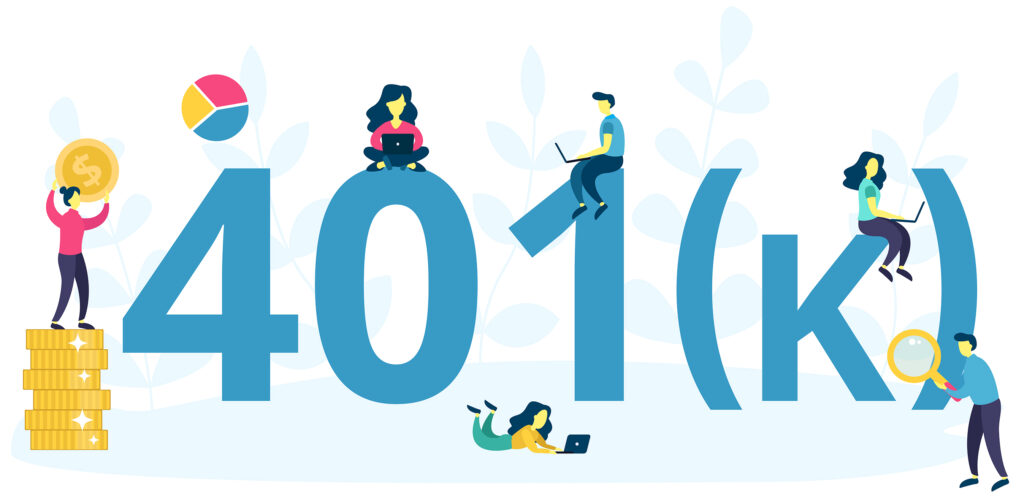
One of the common retirement plans offered by employers is a 401(k) plan. These plans make saving for retirement convenient. But make sure you understand the basics so you can capitalize on plan options and determine how your 401(k) fits into your overall retirement strategy.
ELIGIBILITY RULES
Some employers allow new hires to enroll in the company 401(k) plan on day one, and some even offer automatic enrollment. But employers can have waiting periods of a few months to a year before you’re eligible to participate. To get the most from the plan, however, sign up as soon as you’re allowed.
IT’S A MATCH
Many companies offer a matching contribution to employees who participate in the company plan. While amounts vary, matching contributions are usually a fixed percentage on a predetermined portion of an employee’s annual salary. For example, an employer may contribute fifty cents for every dollar you contribute, up to 10% of your salary. So if you earn $60,000 per year, you could receive a $3,000 annual contribution from your employer, provided you contribute $6,000 each year.
KNOW YOUR LIMITS
The IRS places limits on the amount you can contribute to qualified retirement plans each year. For 2021, the limit is $19,500, but if you’re 50 or older you can contribute an additional $6,500. Any 401(k) plan can set its own contribution limits, which may be less than the IRS limits.
VESTING
The money you contribute to a 401(k) is yours to keep from day one. But the contributions from your employer may come with a contingency, also known as a vesting schedule. That means you may need to work for the company for a year or more before you gain 100% ownership of the company’s contributions.
TAKE OUT
Although you may not plan on tapping your 401(k) account before retirement, sometimes life’s events require you to do so. Some plans will let you take a loan that you repay with interest over time. Or you may be able to take a hardship withdrawal that doesn’t require repayment. But you’ll have to pay income tax on the amount withdrawn and if you are under age 59½ there is an additional 10% federal tax penalty. Consider this option as your last resort, because that money will no longer be there to grow for retirement.

